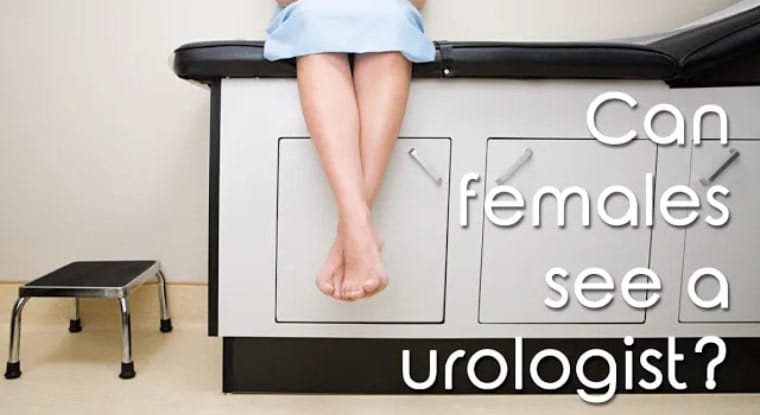There is a misconception that urologists only see male patients. In fact, over 40 percent of patients seen by urologists are female. Urologists are specialists in treating disorders of the urinary tract — the system of tubes, muscles and organs that process, convey and eventually expel urine from the body. So when women develop urological issues, such as loss of bladder control, pelvic organ prolapse and incontinence, the best doctor to treat them is the urologist. Warning signs of issues involving the urinary system include:
- 1. Frequent urge to urinate.
- Leaking urine.
- Frequent urination, particularly at night.
- Pain in the side or back.
- Discomfort or burning sensation when urinating.
- Pelvic pain
- Blood in urine
Apart from treating kidney stones, urologists frequently tackle the following issues in women:
1. Loss of bladder control
 Females may have bladder control problems at any age. Also called urinary incontinence (UI), loss of bladder control is a common problem in women and they are twice as likely to have the problem as men. There are different types of urinary incontinence. For example, women who can’t hold urine as they cough, sneeze or exercise are said to have stress incontinence. This type of UI occurs when the muscles supporting the bladder are weakened by pregnancy, childbirth, aging or other factors.
Females may have bladder control problems at any age. Also called urinary incontinence (UI), loss of bladder control is a common problem in women and they are twice as likely to have the problem as men. There are different types of urinary incontinence. For example, women who can’t hold urine as they cough, sneeze or exercise are said to have stress incontinence. This type of UI occurs when the muscles supporting the bladder are weakened by pregnancy, childbirth, aging or other factors.
Overactive bladder is another type of urinary incontinence that is characterized by a strong, sudden and uncontrollable urge to urinate even when the bladder is not full. Apart from the need to reach the bathroom quickly and to pass urine 8 or more times within 24 hours, overactive bladder can cause embarrassing urine leaks and compel women to avoid certain activities and things they would like to enjoy.
2. Recurrent urinary tract infections
Women are more susceptible to recurrent urinary tract infections than men because of anatomical differences. Most women will have a urinary tract infection at a certain point in their lives. The infections occur when bacteria get into the urinary tract and are often characterized by burning sensation or pain during urination, sudden urge to pass urine, blood in urine or trouble urinating. Recurrent UTIs can lead to complications and require prompt, proper treatment.
3. Fallen bladder
In women, the bladder is kept in position by tissues called pelvic muscles. But in cases where these tissues (wall between bladder and vagina) are too stretched or weakened to hold the bladder in position, the bladder may fall into the vagina — a condition known as bladder prolapse or cystocele. A fallen bladder may be caused by aging, childbirth, lifting heavy objects, menopause, chronic coughing, obesity or previous pelvic surgery, and may lead to urinary incontinence, urinary tract infections or overactive bladder if not treated. Surgery is typically required to correct a fallen bladder.
4. Painful bladder syndrome
Also called interstitial cystitis (IC), painful bladder syndrome is an uncomfortable and upsetting condition accompanied by lower belly and bladder discomfort. Patients tend to feel that their bladder is always full and often feel the urge to pass urine several times per day, even up to 60 times in one day. The condition can badly interfere with daily activities, forcing affected women to avoid traveling far away from home and to skip social events. It also can make sex painful or uncomfortable.
As urologists, our job is to figure out what kind of bladder problem a woman has, its underlying cause and the appropriate treatment for it. With the right treatment, which may include pelvic muscle strengthening exercises, medication, injections, implanted devices and surgery, most women are able to regain their bladder control and recover from their condition. And even for conditions that have no cure, such as interstitial cystitis, treatment tends to ease symptoms and boost the quality of life.
At Advanced Urology Institute, we see women with many different urological issues. Our aim is always to help them enjoy life and all activities they’d want to engage in by eliminating awkward urine leaks and the pain and discomfort associated with these conditions. If you are a woman who is tired of having embarrassing accidental urine leakage, check with us about effective treatment. For more information on the diagnosis and treatment of urological issues in women, visit the “Advanced Urology Institute” site.


